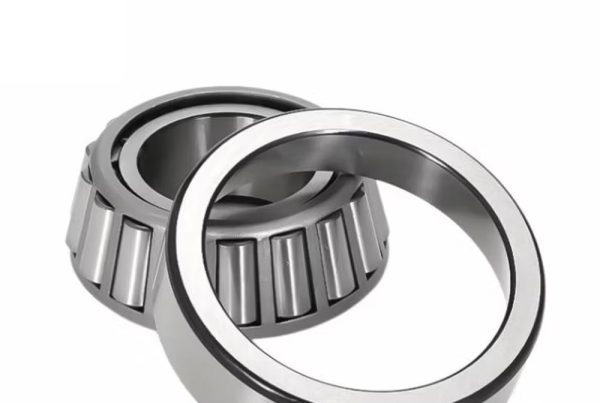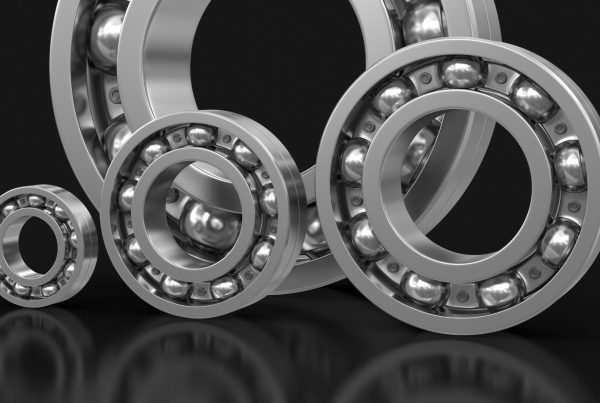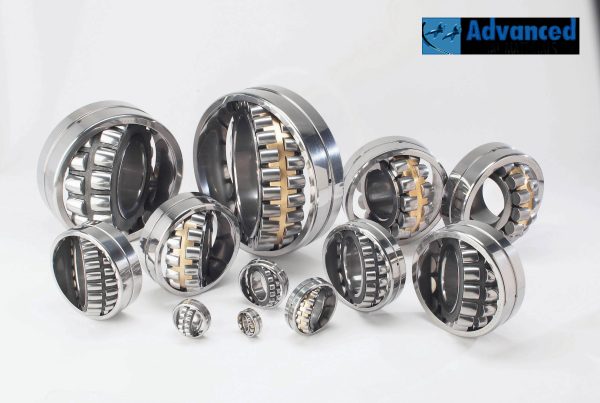In the complicated world of engineering and industrial, seemingly small mechanisms play a crucial role in the functionality and dependability of complex machineries and structures. Among these essential rudiments are clasps and bearings. While often ignored, these engineering supplies are the unrecognized heroes that hold everything composed and keep things moving smoothly. This article explores the position of clasps and bearings, their varied types, and their dangerous role in numerous businesses.
Fasteners: Holding the World Together
Clasps are mechanical devices used to join two or more objects composed. They come in a vast array of shapes, sizes, and materials, each designed for specific applications and load supplies.
Materials and Coatings:
Clasps are factory-made from various materials, counting steel, stainless steel, aluminum, brass, and titanium. Coverings, such as zinc plating, spurring, or particular coatings, are applied to enhance erosion resistance, improve lubricity, or provide other desired possessions.
Bearings: Enabling Smooth Motion
Bearings are mechanical mechanisms that reduce friction between moving parts, enabling smooth revolution or linear motion. They are vital in virtually every mechanism with moving parts, from small appliances to large manufacturing gear.
Types of Bearings:
- Ball Bearings: These manners use sphere-shaped balls to distinct the inner and outer races, providing low rubbing and high-speed competence. They are widely used in electric motors, automotive wheels, and various other requests.
- Roller Bearings: These behaviors use tubular or tapering breakers to carry loads, contribution advanced load capacity than ball bearings. They are typically used in weighty machinery, gearboxes, and motor transmissions.
- Sleeve Bearings (Bushings): These bearings contain of a tube-shaped sleeve that slides over a shaft, providing a simple and profitable solution for low-speed and low-load requests.
- Plain Bearings: These manners rely on a sliding contact among two exteriors, often lubricated to reduce friction. They are used in various requests, including pivots and linkages.
Lubrication:
Lubrication is crucial for bearing performance and longevity. Lubricants, such as grease or oil, reduce friction, dissipate heat, and protect against corrosion.
The Importance of Quality Fasteners and Bearings
Using high-quality Fasteners & Bearings Engineering Supplies is essential for several reasons:
- Reliability: High-quality components ensure reliable performance and prevent premature failures, which can lead to costly downtime and repairs.
- Safety: In critical applications, such as aircraft or bridges, the failure of a fastener or bearing can have catastrophic consequences.
- Performance: Properly selected and installed Fasteners & Bearings Engineering Supplies can optimize machine performance, improve efficiency, and reduce energy consumption.
- Longevity: Using durable and corrosion-resistant components extends the lifespan of equipment and reduces maintenance costs.
Industries Relying on Fasteners and Bearings
Clasps and bearings are vital in a wide range of businesses:
- Automotive: Used in engines, transmissions, chassis, and other vehicle components.
- Aerospace: Critical for aircraft structures, engines, and landing gear..
Selecting the Right Fastenings and Manners
Selecting the correct clasps and bearings for a specific request requires careful deliberation of several factors:
- Load Requirements: The quantity of force or weight the mechanisms need to support.
- Operating Speed: The rotating or linear speed of the moving parts.
- Environmental Conditions: Fever, humidity, and exposure to corrosive substances.
- Material Compatibility: Safeguarding that the fastener or bearing physical is compatible with the mating materials.
- Cost: Balancing presentation supplies with budget restraints.
Conclusion
Fasteners & Bearings Engineering Supplies, though often ignored, are crucial devices that play a critical role in the functionality, reliability, and safety of countless machines and buildings. Selecting the right type and quality of these manufacturing supplies is essential for enhancing performance, minimizing downtime, and safeguarding the long-term success of numerous industrial requests.




